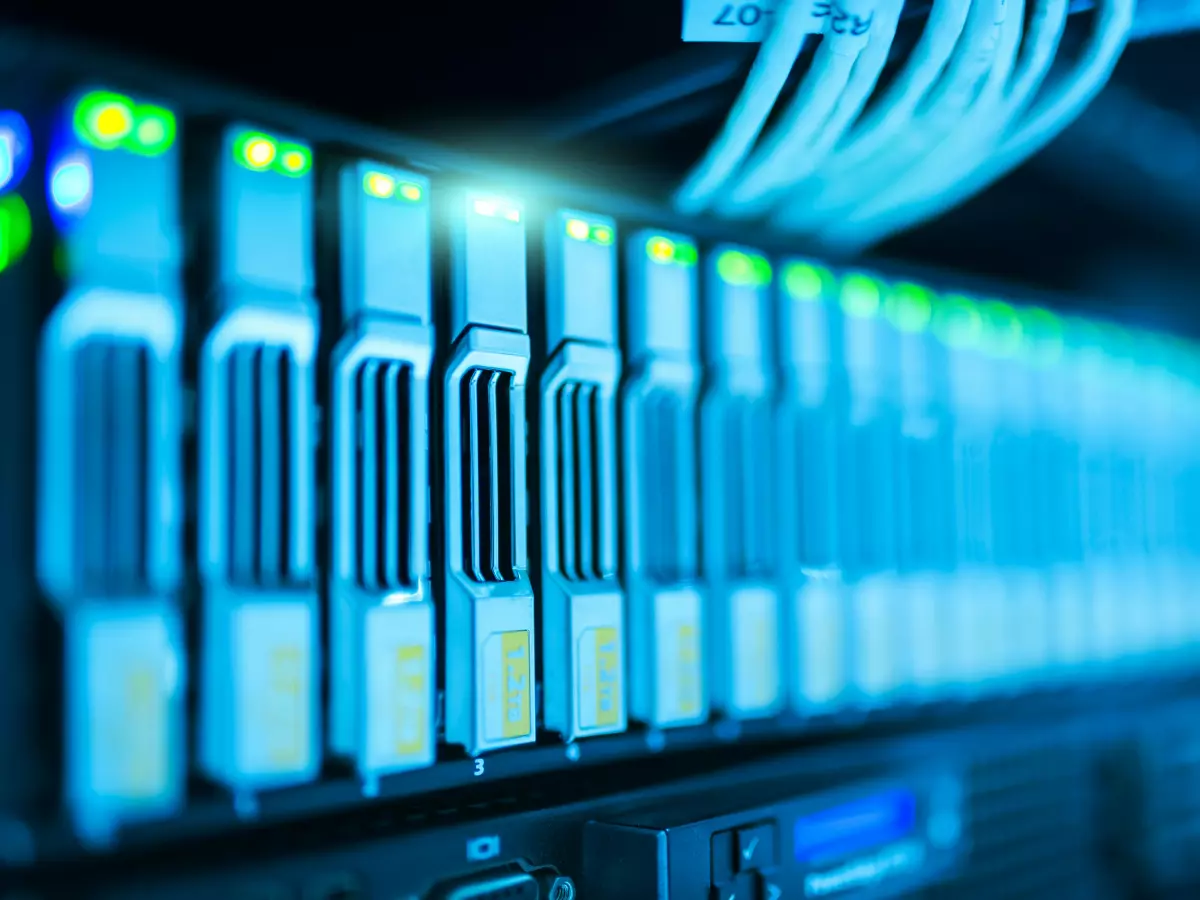Underwater Monopoly
Imagine a world where the internet highways beneath the ocean are no longer public roads but private lanes controlled by a handful of tech giants. How would that change the way you connect to the world?

By Wei-Li Cheng
It sounds like the plot of a dystopian sci-fi movie, but this is the reality we’re heading toward. Hyperscalers—those massive cloud providers like Google, Meta, Microsoft, and Amazon—are quietly carving up the ocean floor, laying down their own subsea internet cables. These cables are the literal backbone of the internet, carrying 99% of the world’s data across continents. And now, these tech behemoths are building their own private highways beneath the sea.
According to The Register, an Australian think tank has raised the alarm about the growing dominance of US-based hyperscalers in the subsea cable industry. The concern? Sovereignty. When a few companies control the infrastructure that powers the global internet, it raises questions about who holds the keys to the digital kingdom.
Why Should You Care?
Let’s put it this way: if you’re reading this article, you’re using the internet. And if you’re using the internet, chances are your data has traveled through one of these subsea cables. Now, imagine if the companies that control these cables decide to prioritize their own traffic or restrict access to certain regions. It’s not just about faster Netflix streaming or smoother Zoom calls—it’s about control over the flow of information.
Think about it: these hyperscalers already dominate cloud computing, social media, and e-commerce. Now, they’re taking control of the very infrastructure that makes all of that possible. It’s like owning the roads, the cars, and the gas stations. Sure, they’re making the internet faster and more reliable for their services, but at what cost to the rest of us?
The Sovereignty Issue
The think tank’s report highlights a key concern: sovereignty. When a handful of US-based companies control critical infrastructure, it puts other nations in a vulnerable position. What happens if there’s a geopolitical conflict? Could these companies be pressured by their home governments to cut off access to certain countries? It’s not a far-fetched scenario.
And it’s not just about politics. There’s also the issue of data privacy. If these companies control the cables, they could potentially have more access to the data that flows through them. Sure, they’ll tell you that everything is encrypted and secure, but do you really want to take their word for it?
What’s Next?
So, what can be done? Some experts are calling for more regulation to ensure that these subsea cables remain neutral and accessible to all. Others are pushing for more investment in public or government-owned cables to provide an alternative to the hyperscaler-controlled infrastructure.
But here’s the thing: these hyperscalers aren’t slowing down. They’re investing billions in new cables, and they’re not going to stop anytime soon. So, while the rest of the world debates what to do, these companies are quietly building the future of the internet—one cable at a time.
In the end, it all comes down to control. Who controls the cables controls the internet. And right now, it looks like the hyperscalers are winning that race.





